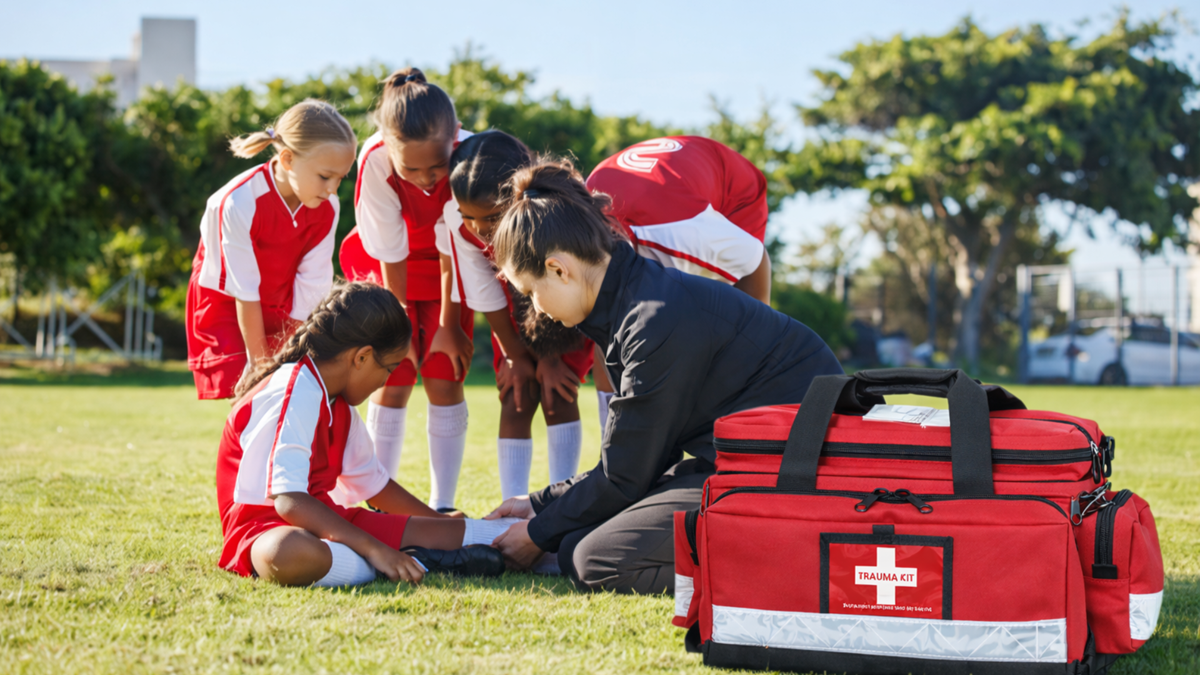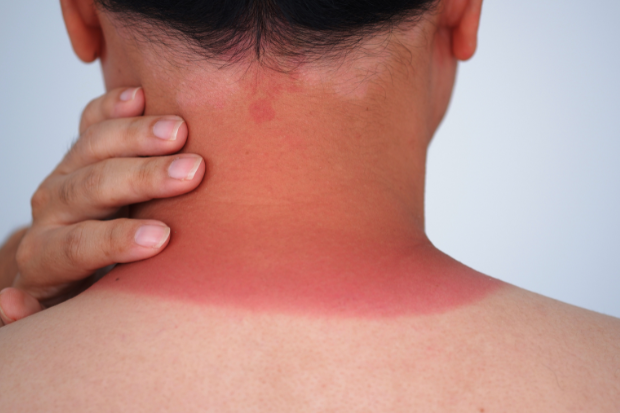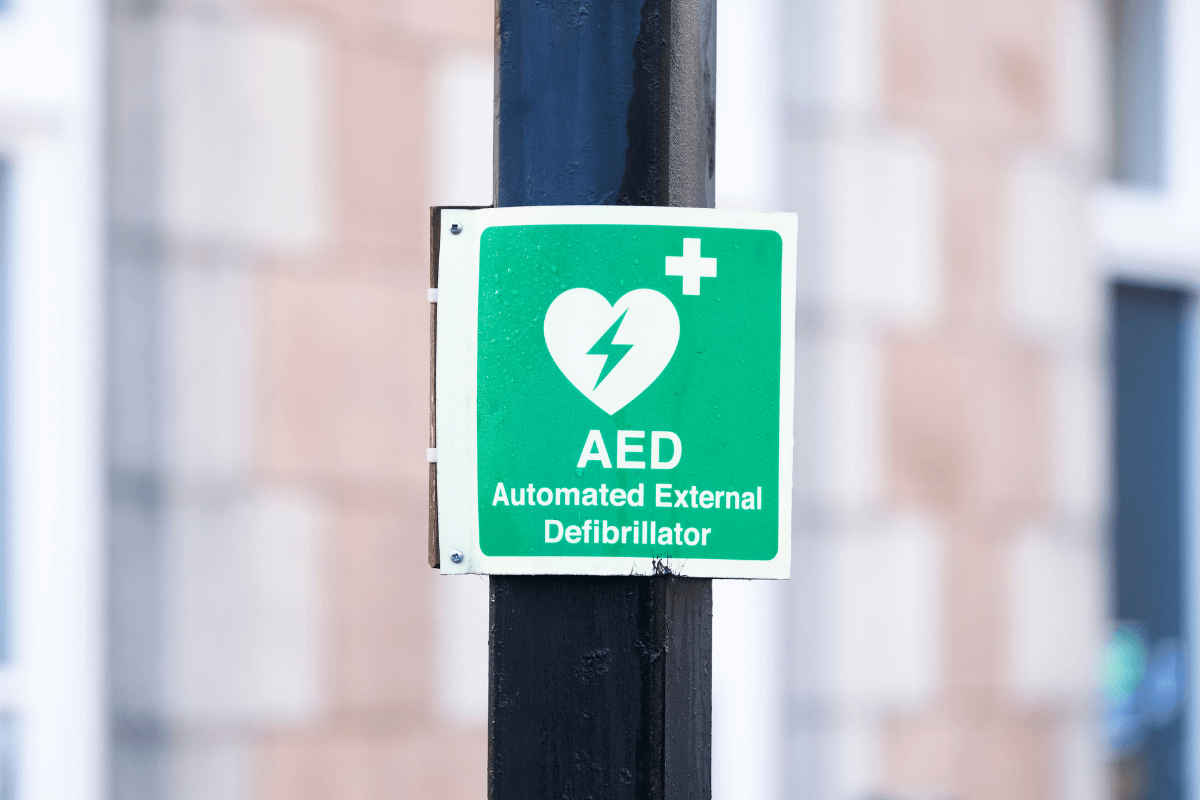J
Jason Hitch
In the face of an escalating environmental crisis, the healthcare industry is under scrutiny for its role in contributing to global waste and pollution. The production and disposal of medical waste pose significant challenges, not just for the sector but for the planet as a whole. This month’s blog delves into the impact of medical waste on the environment, the increasing need for sustainable medical practices in Australia, and an insight into our range of eco-friendly medical supplies we offer at LFA First Response.
Medical waste encompasses a wide array of materials, from used needles and syringes to disposable gowns and packaging. The World Health Organisation (WHO) categorises medical waste into infectious, hazardous, and general waste, with the majority falling into the infectious and hazardous categories. This waste can carry pathogens, toxic substances, and other harmful materials, necessitating stringent disposal methods to prevent contamination and the spread of disease.
Medical waste is notoriously difficult to calculate, with many healthcare facilities and clinics not reporting the amount of waste they produce. According to estimates from 180 Waste Group, Australia generates over 42,000 tonnes of clinical waste annually. The disposal process of this waste has broader environmental implications, including greenhouse gas emissions from incineration, pollution from landfilling, and the potential for water and soil contamination.

The primary challenges in managing medical waste include ensuring safe disposal, complying with strict regulatory standards, and the high costs associated with these processes. Traditional disposal methods, such as incineration and landfilling, are effective in neutralising hazards, but have considerable environmental impacts. Incineration contributes to air pollution and greenhouse gas emissions, while landfilling can lead to leachate, a liquid that can permeate through solid waste, contaminating water sources. In addition, the regulatory landscape governing medical waste in Australia is complex, with requirements varying across states and territories. This complexity can lead to inconsistencies in handling and disposal practices, further complicating overall efforts to mitigate environmental impacts.

Recognising these challenges, there is a growing movement within the Australian healthcare sector towards adopting more sustainable practices – this relates to both the equipment and supplies they use and the way they dispose of medical waste.
Compostable and sustainable medical supplies are a significant advancement in adopting more sustainable practices in the healthcare sector. These products are designed to minimise environmental impact, offering an alternative to traditional, non-degradable materials. They can significantly reduce the volume of waste sent to incinerators and landfills, as they break down naturally themselves.
At LFA First Response, we are proud to stock our eco-friendly range, which consists of biodegradable single use items and recyclable products made from paper and cardboard. Currently, we offer the following items:
Biodegradable Denture Cups
Disposable Wash Mitts
These products are made from materials that are either recyclable, or that break down and return to nature under the right conditions, which in turn contributes to reducing the volume of medical waste. By providing eco-friendly options for medical supplies, we support healthcare facilities in their transition to greener practices.

The environmental impact of medical waste is not to be ignored, and promoting broader awareness about this impact is crucial. Transitioning to sustainable practices is not only beneficial for the planet but also aligns with the growing societal demand for environmentally responsible healthcare. By transitioning to sustainable medical supplies, the healthcare industry can markedly decrease its environmental impact. In addition to this, the healthcare sector must give careful consideration to the proper and mindful disposal of medical waste. This involves complying with all Australian regulations which relate to medical waste incineration, and exploring alternative methods such as microwaving, autoclaving or steaming – which produce fewer emissions.
To read more: What is Clinical Waste? The Importance of Proper Disposal Methods
LFA First Response is proud to offer eco-friendly medical supplies that meet the sector's stringent requirements while promoting environmental sustainability. Contact our friendly team for any additional information regarding any of our eco-friendly products. Let's embrace the move towards eco-friendly medical supplies and set a new standard for sustainability in healthcare.

When an emergency happens at school, compliance gaps quickly become legal risks. With 2025–2026 updates to Safe Work Australia's Code of Practice and evolving state mandates, principals and WHS officers must rethink what “adequately stocked” really means. This expert checklist outlines the exact supplies, kits, and audit systems schools need to protect students and staff with confidence.
J
Jason Hitch

Australia’s harsh UV conditions mean sunburn can quickly progress from mild redness to a serious medical issue. This sunburn severity chart helps you identify each stage — mild, moderate, severe, and sun poisoning — and explains the correct first aid response. Learn when home care is enough, when to see a GP, and when to call 000.
J
Jason Hitch

What does RICE stand for in first aid? This practical guide explains Rest, Ice, Compression and Elevation, how each step works, and when to refer injuries for medical care, helping first responders manage sprains and strains with confidence in the critical first minutes.
J
Jason Hitch

An AED can save a life only if it’s ready when seconds matter. This article outlines simple AED defibrillator maintenance steps, from quick monthly checks to annual reviews, helping workplaces, schools and community sites stay compliant, prepared and rescue-ready when it matters most.
J
Jason Hitch